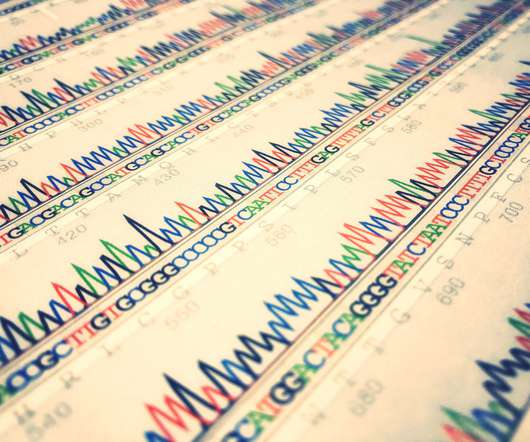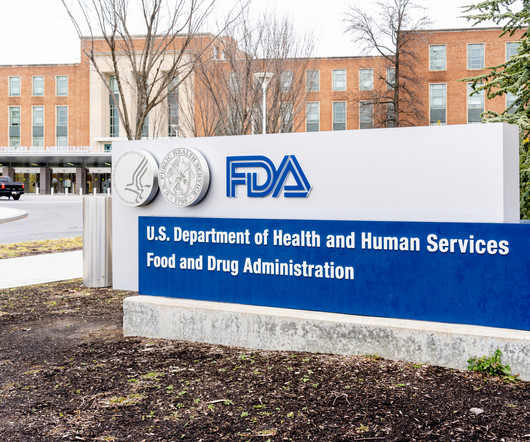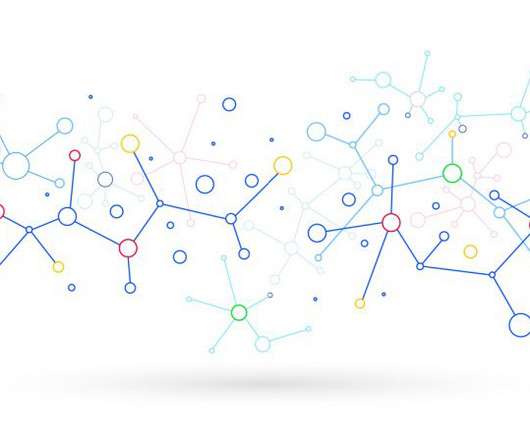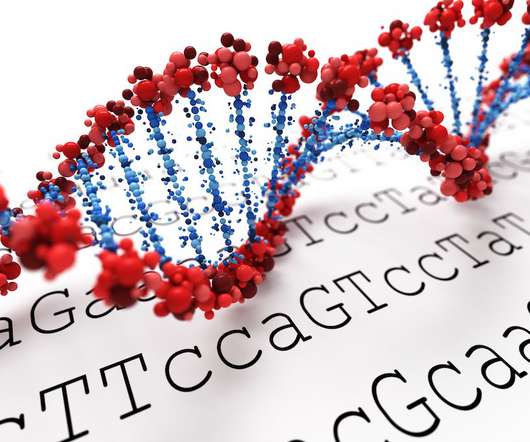Where is the drug discovery expertise happening in the UK?
Drug Discovery World
OCTOBER 16, 2023
From the Beatson Institute for Cancer Research in Glasgow, to Edinburgh Drug Discovery in the University of Edinburgh’s Institute for Genetics and Cancer (IGC). Emerging UK biotech firms like Mosaic Therapeutics, Enhanc3D Genomics, and Nucleome Therapeutics are using these genomic insights to innovate.”
















Let's personalize your content